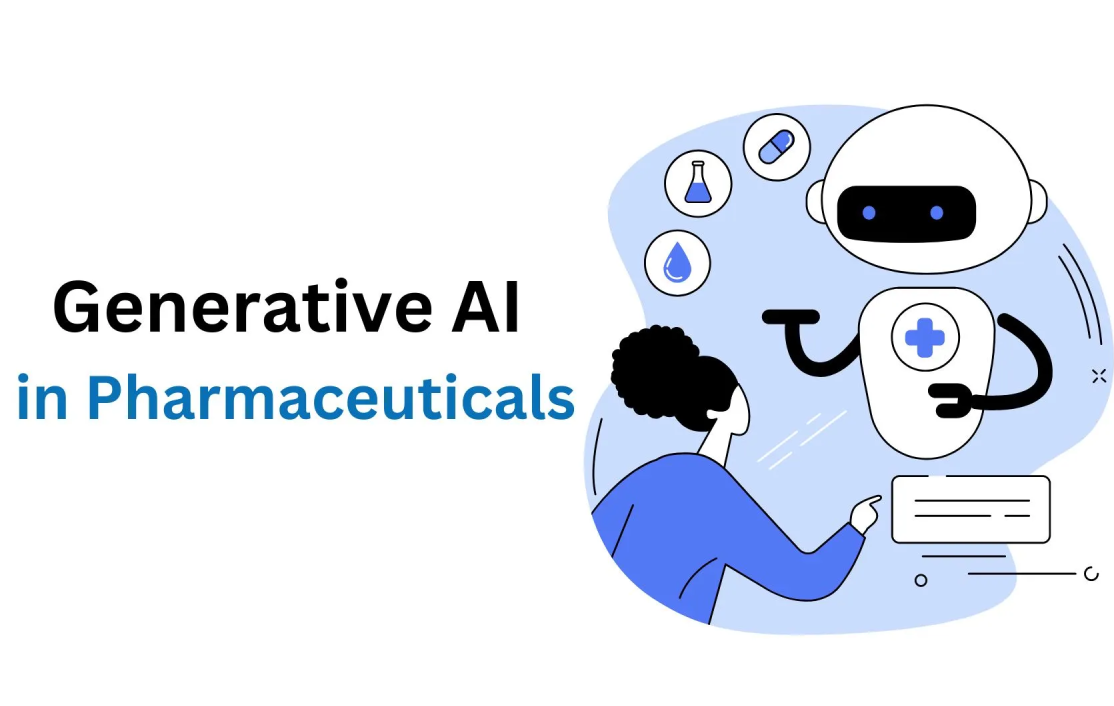Table of Contents:
- Introduction to Quality Assurance
- The Advent of AI in Quality Assurance
- Understanding AI-Driven Analytics
- Data-Driven Decision Making
- AI in Action: Real-World Quality Assurance Scenarios
- The Future of AI in Quality Assurance
- Challenges and Considerations in AI Implementation
- Training for Excellence: The Human-AI Collaboration
- Tools and Technologies Powering AI in QA
- Success Stories: Businesses Leveraging AI for Better QA
- Conclusion: Embracing AI for Future-Proof Quality Assurance
Key Takeaways:
- Deepening understanding of AI’s transformational impact on Quality Assurance (QA).
- Gleaning insights into the power of data and AI-driven analytics for meticulous decision-making.
- Accessing a wealth of industry knowledge by examining AI’s practical applications in QA.
Introduction to Quality Assurance
Quality Assurance (QA) is the guardian of excellence within the vast landscape of industries, from manufacturing to digital services. It is integral to the product or service lifecycle, ensuring that each phase adheres to the highest standards, from design to delivery. Historically, QA has been a manual, iterative process, demanding close attention to detail and often resulting in substantial investments of time and resources. As industry demands grow and technologies evolve, so must the quality assurance methodologies to meet the increasing expectations for efficiency and reliability.
The Advent of AI in Quality Assurance
Artificial Intelligence (AI) in QA represents a significant shift from conventional methods towards more advanced and nuanced approaches. AI’s application in QA, such as generative AI in pharma, demonstrates AI’s groundbreaking potential for enhancing precision in identifying defects and paving the way for innovative quality assurance strategies. Artificial intelligence (AI) systems possess remarkable scalability and cognitive capabilities that enable them to automate mundane tasks, freeing up valuable human resources. It allows for a more strategic deployment of human intellect, empowering them to focus on high-level decision-making and other critical tasks that require creative thinking and problem-solving abilities. AI systems act as force multipliers, enhancing human productivity and efficiency across various industries and domains.
Understanding AI-Driven Analytics
AI-driven analytics represent a leap forward in the analytical capabilities necessary for effective QA. By leveraging machine learning algorithms, these analytics go beyond mere data processing; they discern patterns, learn from outcomes, and continually refine the criteria for quality checks. This self-improving system facilitates an environment of continuous enhancement, where QA is no longer about identifying past failures but preempting future ones. The adoption of AI in this manner speaks to a broader ethos within industries to respond to and anticipate customer needs and market dynamics.
Data-Driven Decision Making
With the integration of AI, data becomes a cornerstone of modern QA practices. Decision-making transforms into a targeted and accurate process backed by comprehensive datasets that AI systems analyze in real time. This heightened level of insight enables organizations to calibrate their QA mechanisms to the specific requirements of each product, minimizing waste and maximizing functionality.
AI in Action: Real-World Quality Assurance Scenarios
Beyond theoretical potential, the real-world applications of AI in QA paint a compelling picture of its practical benefits. In the manufacturing sector, AI-driven robots are employed to perform meticulous inspections with precision unattainable by the human eye. In a service-oriented domain such as healthcare, AI algorithm predict patient risks and outcomes, ensuring higher quality care provision. These examples are a snapshot of how AI redefines quality assurance protocols.
The Future of AI in Quality Assurance
The interplay between AI and QA is anticipated to strengthen further, broadening the quality management and maintenance scope. Future innovations may see AI becoming the central nervous system of QA operations, seamlessly integrated into every production and service delivery aspect. As organizations learn to harness the full spectrum of AI’s capabilities, the landscape of QA will undoubtedly evolve into one characterized by predictive forethought and immaculate execution.
Challenges and Considerations in AI Implementation
Despite the promise AI brings to QA, its implementation is challenging. Practical difficulties such as integrating AI into existing workflow, accruing the necessary computational infrastructure, and ensuring data quality pose significant hurdles to adoption. Additionally, as AI systems draw from vast amounts of data, privacy, consent, and security concerns become amplified. Crafting ethical guidelines and establishing transparent governance structures are essential to the responsible deployment of AI within quality assurance.
Training for Excellence: The Human-AI Collaboration
The success of AI in QA is inextricably tied to the human professionals who design, oversee, and interact with the systems. Empowering these individuals through comprehensive training programs is crucial for any organization transitioning to AI-augmented QA. Such training ensures that the workforce is adept at using AI tools and interpreting the results and insights generated, fostering a collaborative environment where human skills and machine efficiency achieve the pinnacle of quality control.
Tools and Technologies Powering AI in QA
The arsenal of AI-empowered tools at the disposal of QA professionals is ever-growing. From sophisticated software suites that automate entire testing protocols to intricate sensors that capture minute deviations in manufacturing processes, the technological advancements supporting AI in QA are as diverse as they are transformative. These innovations provide a technological backbone, allowing businesses to leapfrog from outdated, laborious QA techniques to dynamic, real-time quality optimization strategies.
Success Stories: Businesses Leveraging AI for Better QA
Tangible success stories abound, showcasing companies embracing AI to refine their QA processes. AI adoption in QA can be multifaceted and impactful, from reducing operational costs to enhancing customer satisfaction.
Conclusion: Embracing AI for Future-Proof Quality Assurance
The juncture at which AI and QA intersect heralds a new era of industrial excellence. Integrating AI into QA practices is not a fleeting trend but a fundamental shift toward a more intelligent, proactive, and robust approach to ensuring quality. Organizations that recognize and invest in this dynamic duo are poised to lead the charge in their respective fields, offering products and services that are not only of high quality today but also designed to meet the evolving demands of tomorrow.










Leave a Reply